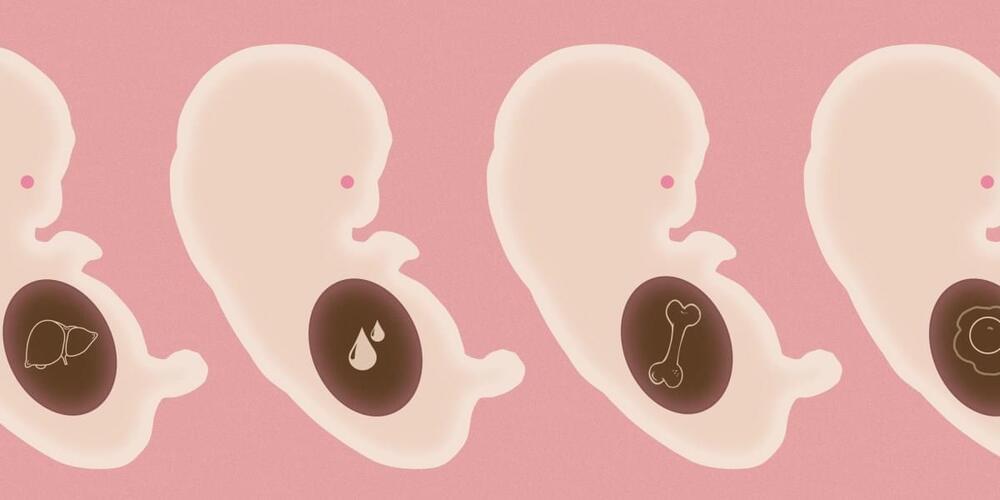Blue origin’s moon rocket engines.
Get the latest international news and world events from around the world.





SpaceX Starship Updates and 20 Engine Static Fire for Booster, Atlas V, Electron, Falcon 9 and NS-22
Head to https://www.squarespace.com/marcushouse to save 10% off your first purchase of a website or domain using code MARCUSHOUSE
This week unlike the last has been super busy with launch activity. SpaceX Starship Updates and 20 Engine Static Fire for Booster, Atlas V, Electron, Falcon 9 and NS-22. We have multiple flyovers of both SpaceX’s Starbases in Texas and Florida, and wow are we seeing huge work done. Strap in, because there is a lot to cover today.
My mid-week video — Does NASA & SpaceX’s Plan with Artemis Make Sense?
https://youtu.be/bQWy27ucskw.
BPS.space / Joe Barnard — I Landed A Rocket Like SpaceX
Join the mailing list to be notified when I release a video.
https://marcushouse.space/email-list.
👕Like this shirt? Pick it up on any product you like here.



Quantum in 2027: Take a quantum leap into the future of IT
Quantum computing will change everything.
“I think I can safely say that nobody really understands quantum mechanics,” renowned physicist Richard Feynman stated once. That shouldn’t come as a big surprise as quantum physics has a reputation for being exceptionally enigmatic. This was the selling point for the quantum physicist Dr. Shohini Ghose from Wilfrid Laurier University.
Having always excelled at mathematics and physics, Ghose was always interested in mysteries, detective stories, and mathematics. This led her to an intense fascination with physics, as she quickly discovered that she could use mathematics to help solve the mysteries of the universe.
Full Story:
IE talked with Shohini Ghose about how quantum computers might transform our future, the mysteries of quantum mechanics, and what the quantum scene will look like in 2027.